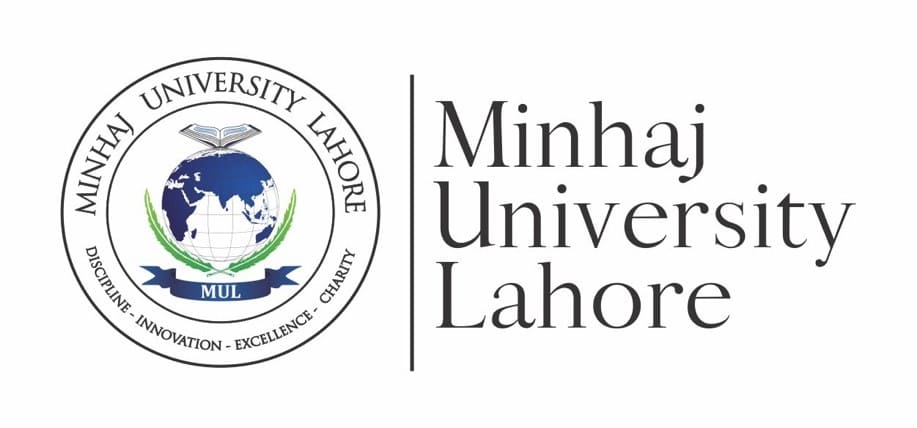The impact of Islamic Finance towards Socio-Economic Development of Sokoto State - Nigeria: Problems and Prospects
DOI:
https://doi.org/10.58932/MULD0027Keywords:
Impact, Islamic finance, Development, Sokoto, NigeriaAbstract
This research is on the impact of Islamic Finance towards the Socio-Economic Development of the Muslim Community in Sokoto State of Nigeria. The purpose of this research is to highlight the role played and contributions gained from the practice of Islamic Finance and also to explore possible challenges experienced so far with the hope that such challenges will be overcome in the near future. The research results revealed that although Islamic finance was practiced in Sokoto for over two hundred years, a lot still needs to be explored from the contemporary practice of Islamic Finance being experienced globally to achieve the desired socio-economic development. The research finally concluded by drawing the attention of the government and people of Sokoto State to explore more avenues in utilizing Islamic Finance window so that there will be paradigm shift from the shackles of conventional finance experienced over the years.
References
Abubakar, S. G., & Adiyyah, B. A. (2018). Impact of Islamic Banking on Socio-economic development among Muslim Community: A Study at Jaiz Bank in Sokoto Nigeria. Impact of Islamic Banking on Socio-economic development among Muslim Community: A Study at Jaiz Bank in Sokoto Nigeria., 3(1), Nineteen-19.
Ahmad, D. S., Qamar, A. J. ., Bhatti, M. A. A., & Bashir, U. (2023). Integrating Islamic Ethics with Modern Governance: A Comprehensive Framework for Accountability Across Religious, Social, and Economic Dimensions. Al-Irfan, 8(15), 51–79.
Bala, A. A. (2021). An analysis of Sokoto state Zakat and Waqf (Endowment) Commission. Contemporary Issues in Islamic Social Finance, 185.
Balogun, U. O., Bustamam, U. S. B. A., & Johari, F. B. (2014). Islamic Finance as an Alternative Source of Funding for Women Entrepreneurs in Sokoto State, Nigeria. Asian journal of management sciences & education.
Bashar, T. A. (2019). Origin and Development of Wizarah under Sokoto Caliphate.
Dansabo, M. T. (2019). Development and chronic poverty in nigeria: an examination of obasanjo's economic reform program. European Journal of Social Sciences Studies.
Dogarawa A. B. (2023). Global financial policy and economic Deveiopmen: The role of Arabic Language. 40th Annual National Conference at University of Ibadan, Nigeria.
El-Ashker, A., & Wilson, R. (2006). Islamic economics: A short history (Vol. 3). Brill.
El-Gamal, M. A. (2006). Islamic finance: Law, economics, and practice. Cambridge University Press.
Hassan, M. K., Aliyu, S., & Hussain, M. (2022). A contemporary review of Islamic finance and accounting literature. The Singapore Economic Review, 67(01), 7-44.
Iqbal, Z., & Mirakhor, A. (2011). An introduction to Islamic finance: Theory and practice (Vol. 687). John Wiley & Sons.
Islahi, A. A. (2014). Islamic Finance: From Niche To Mainstream In The Academic World.
Jalil, A., Haris, A., Rashid, A. M., & Sa’id, R. (2015). The Concept of Social Security in Islamic Economy. Islamic Economic System Conference Thailand.
Kahf, M., & Al Yafai, S. (2015). Social Security and Zakah in Theory and Practice. International Journal of Economics, Management and Accounting, 23(2), 189-215.
Kaura, J. M. (2009). Sokoto Caliphate Literature in the Context of the 19th century Jihad in Hausaland: A Reflection on the Contemporary Relevance and Challenges.
Koko, M. A. (2013). Capital access strategies and enterprise growth: A study of selected indigenous women entrepreneurs in Sokoto Metropolis, Nigeria. Journal of Management Studies, 4, 25-38.
Maidoki, M. L. (2021). Managing the Covid-19 crisis via Zakat Innovation: The perspective and Experience from SOZECOM. 2nd Kedah International Conference Malaysia.
Muhammad, A. D., Maidoki, M. L., & Sani, U. B. (2018). The role of Islamic social finance in empowering youth and women in Sokoto State of Nigeria. Journal of Islamic Monetary Economics and Finance, 3, 141-152.
Mustafa, D. A., & Idris, M. (2015). The contributions of Islamic economic institutions to modern Nigeria. Journal of Islam in Nigeria, 1(1), 36-58.
Ogunbado, A. F., Ahmed, U., & Abubakar, Y. S. (2017). Islamic banking and finance in Nigeria: exploration of its opportunities and challenges. International Journal of Innovative Knowledge Concepts, 5(8), 101-111.
Salisu, A. S., & Musa Munkaila, A. A. (2022). The Empirical Analysis of Islamic Finance on Economic Growth in Nigeria: an ARDL bounds testing approach.
Downloads
Published
How to Cite
Issue
Section
License
Copyright (c) 2024 Aminu Alhaji Bala

This work is licensed under a Creative Commons Attribution-NonCommercial 4.0 International License.









